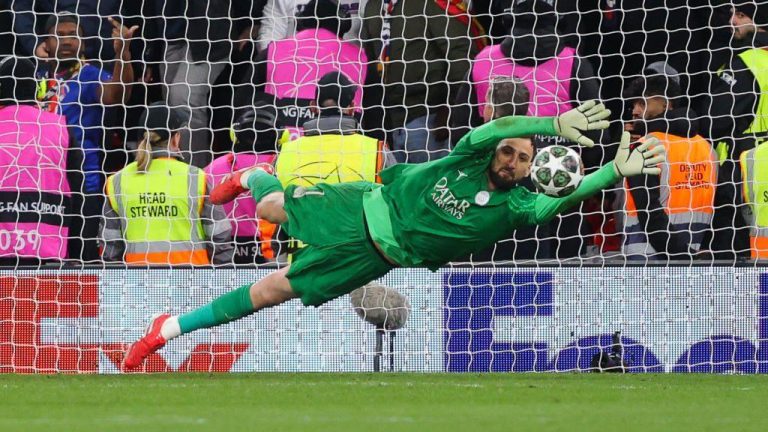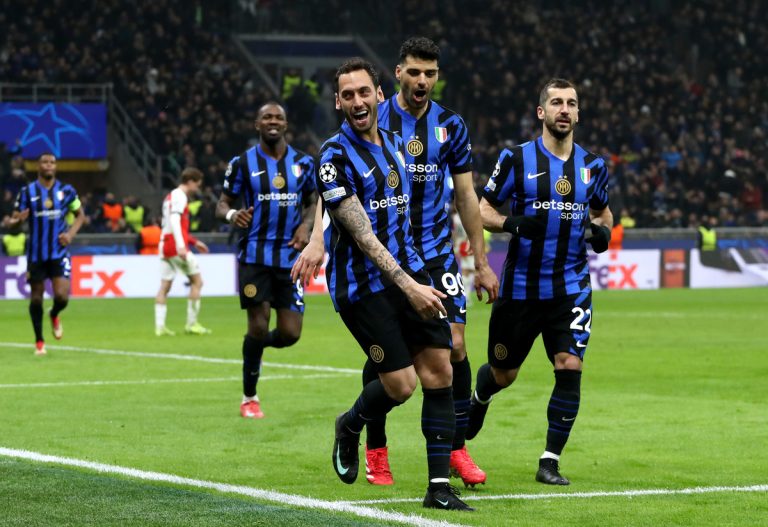In the 2024 Copa America, the attention of football fans is focused on Brazil and Argentina, with the meeting of the two teams (as usual) being the ideal final scenario for the audience.
This is quite understandable, because both teams both have a history and a long history of rivalry, complete with a series of achievements and star-studded teams.
With the actual situation of the Argentine and Brazilian teams being unequal, an alternative team emerged which is actually also a classic South American champion team, namely Uruguay. As is known, La Celeste (together with Argentina) is the most successful team in the Copa America, with both winning the tournament 15 times.
However, unlike Brazil and Argentina, Uruguay has had its share of ups and downs, and they have even missed the World Cup several times, with the last coming in the 2006 edition.
The prestige of the 1930 and 1950 World Cup champions only recently emerged again, when they reached the semifinals of the 2010 World Cup and won the 2011 Copa America.
Made from the trident of Luis Suarez-Edinson Cavani-Diego Forlan, Uruguay, which at that time was coached by Oscar Tabarez, appeared like a giant waking up from its sleep.
Also read: Between the Euros and the 2024 Copa America
However, the team’s playing style is too “textbook” and the key players are aging, making Los Charruas slowly decline again.
After failing to qualify from the group phase of the 2022 World Cup, AUF (Uruguay’s PSSI) also made a breakthrough, by recruiting Marcelo Bielsa. This coach from Argentina is the second foreign coach in the history of the Uruguayan national team after Daniel Passarella (Argentina, 1999-2001).
Marcelo Bielsa, Fede Valverde and Darwin Nunez (Theguardian.com)
They see that the classic philosophy of “Garra Charrua” (a straightforward and tenacious Uruguayan game) needs to be updated, so that it can remain adaptive in the current era.
When it comes to updating the team, especially in terms of playing system and player composition, this former Argentinian national team coach has proven to be successful.
At the national team level in South America, his work in building the Arturo Vidal and Alexis Sanchez generation in Chile (2007-2011) has become a success story in itself.
AUF’s bold decision proved to be the right one, and was even able to change the team relatively quickly. Under the direction of El Loco, the Blue Team
The sky is slowly evolving. From being defensive, simple and tending to be tough, he became more aggressive and “flexible” thanks to the freedom to improvise and the high-tempo play typical of former mentor Pep Guardiola.
Bielsa’s courage in fielding players like Fede Valverde (Real Madrid), Ronald Araujo (Barcelona) and Darwin Nunez (Liverpool) by leaving Luis Suarez to the bench, also made the Uruguayan team look fresher with a new generation.
As a result, Fede Valverde et al were able to beat Brazil and Argentina in the 2026 World Cup Qualifiers in the CONMEBOL zone with an identical score of 2-0. So, it is not surprising that they were able to beat Panama 3-1 in the first match of the 2024 Copa America group stage.
One other striking thing that is present in Bielsa’s Uruguay is that they are starting to become a collective force, with each player able to perform as optimally as possible.
Evidently, Darwin Nunez, who was considered inconsistent at Liverpool, was able to emerge as the spearhead of the team, replacing Edinson Cavani who had retired from the national team. Apart from successfully scoring against Brazil and Argentina, this 25 year old striker has also scored 9 goals in his last 6 international matches, including a hat-trick against Mexico and one goal against Panama.
This is very different from the classic Uruguayan style, which relies heavily on the “number 10” or twin spearheads. If this mainstay player is forced to be absent or is suppressed by the opponent, it’s over.
This classic style last appeared, when Luis Suarez and Edinson Cavani were the twin spearheads. When both are okay, the team’s performance is okay, but if one of them is absent, the front line will be in danger of being toothless.
With a collective and renewed approach under Bielsa, plus a little luck, Uruguay could be an interesting team to follow in the 2024 Copa America.
This is not a group of individuals with impressive football skills like Brazil or Argentina, but a team that can fight as a unit, with a combination of players from Latin American leagues and top European leagues.
ASL
















